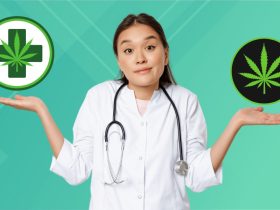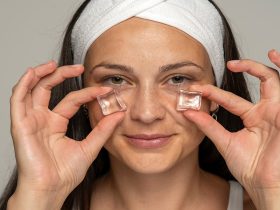Everyone knows diabetes equals high blood sugar level. But are you sure you know all about diabetes?
Are you sure you have a DM?
There are actually types of diabetes mellitus and most of us are prone to Type 2 Diabetes Mellitus under poor diet control. The types of diabetes include Type 1 (T1DM) mostly found in young ages with unclear reason, Type 2 (T2DM) which shows a dramatic increase in trend and Gestational Diabetes Mellitus (GDM) among pregnant ladies. The common warning symptoms of diabetes include weight loss, polyphagia (easily hungry), polydipsia (easily thirsty), frequent or night urination(nocturia) and signs of recurrent infections such as pruritus vulvae, balanitis.
Importance of managing DM
Diabetes is not only high blood sugar levels, but it leads to various unwanted consequences if uncontrolled. The patients can appear in emergency rooms for hypoglycemic or hypoglycemic situations known as Hyperosmolar Hyperglycaemic State (HHS) and Diabetic ketoacidosis (DKA) respectively. Uncontrolled diabetes also causes complications, generally divided into macrovascular and microvascular types. Patients with severe diabetes are at higher risk for strokes, acute myocardial infarction (AMI) and peripheral vascular disorders such as acute limb ischemia. Microvascular means irreversible damages on nerves(neuropathy), kidneys(nephropathy) and eyes(retinopathy).
Can I control it without medication?
I should answer this question based on the types of diabetes.
For Type 1 Diabetes, no. This condition usually happens among children with a family history of T1DM or autoimmune diseases. They need replacement of insulin due to their defect of producing it. Your body may not produce insulin. Or it doesn’t make enough. Without insulin, you’d likely lose too much fluid (dehydration). You’d be in danger of diabetic coma.
The answer is more uncertain for T2DM. While there is no cure for type 2 diabetes, a 2020 study found that healthy lifestyle choices could help people with or at risk for type 2 diabetes. You may be able to achieve and maintain normal blood sugar levels without medication. This does not mean you are cured. Type 2 diabetes is chronic. Lifestyle modifications can be made in aspects of diet plan, exercise and stress management. The type 2 diabetes medication prescribed by a doctor may be influenced by the patient’s age at diagnosis. In short, patients tend to find the importance of diet, exercise and medicine altogether to lower their blood sugar. However, patients are strongly advised to discuss with doctors before making any attempts to control their diabetes.
The situation is quite similar for women having GDM as they will need medication or insulin in the late trimester of pregnancy for better control of blood glucose levels. Her blood sugar will likely return to normal postpartum. But she’ll be more prone to recur in future pregnancies with a higher risk of getting GDM.
How to detect DM?
You should start monitoring your blood glucose levels with abnormal blood glucose readings, warning risk factors and body signs or symptoms. If possible, discuss these with a doctor.
| Types | Suggested risk factors | Abnormal blood glucose reading(mmol/L)
|
|
| Fasting
|
Random | ||
| T1DM | Family history of T1DM or autoimmune diseases
|
≥ 7.0 | ≥ 11.0 |
| T2DM | · Women with a history of GDM
· Obese (BMI ≥23) · Family history of heart diseases or T2DM · Hypertension · Non-alcoholic fatty liver · Obstructive sleep apnoea · Children from mothers with GDM · Endocrine disorders such as PCOS, Cushing’s · Long term treatment of corticosteroid, atypical antipsychotic drugs and thiazide diuretics
|
≥ 5.6 | ≥ 7.8 |
| GDM | · Body mass index >27 kg/m2 Previous history of GDM
· First degree relative with diabetes mellitus · History of macrosomia (birth weight >4 kg) · Bad obstetric history · Glycosuria ≥2+ on two occasions · Current obstetric problems (essential hypertension, pregnancy-induced hypertension, polyhydramnios and current use of corticosteroids) |
*Using 75-gram oral glucose tolerance test (OGTT) done at booking
Fasting: ≤5.1 mmol/L Two hours postprandial: ≤7.8 mmol/L
|
|
There is no magic pill to reverse diabetes. Beware of products that claim to cure diabetes or replace diabetes medication. What is the best thing to do? Do a health screening and get a rough idea of your body profile.






